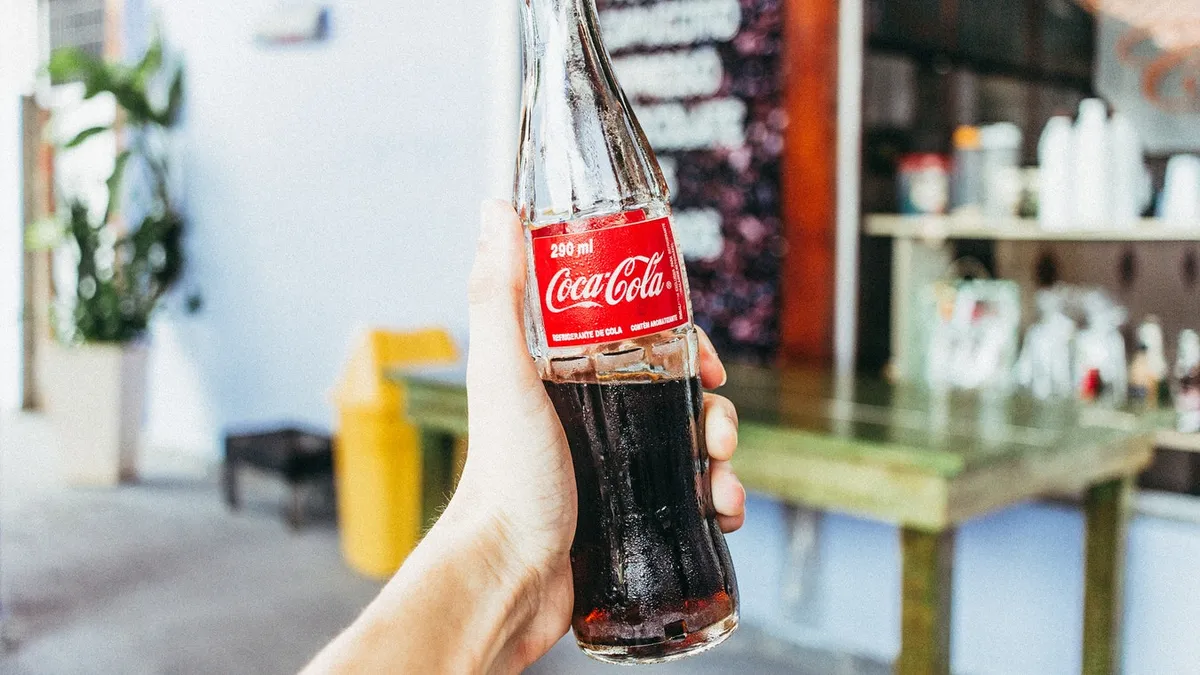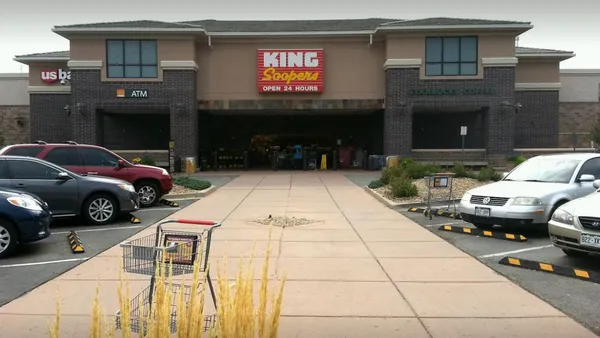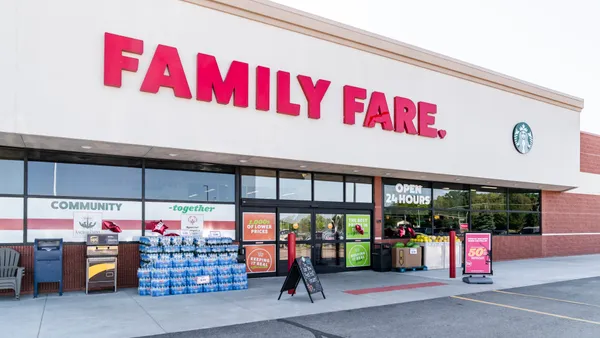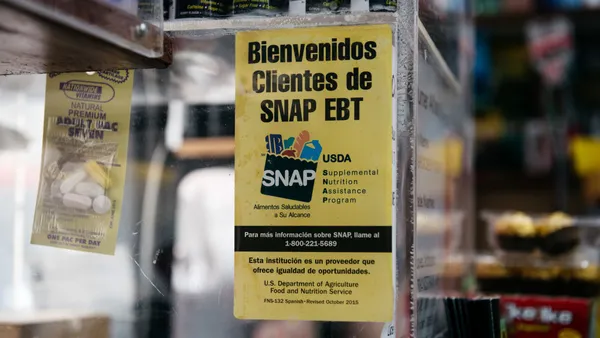Dive Brief:
- A new study on the efficacy of soda taxes and their role in the reduction of sugary beverage consumption was published last week in the American Journal of Public Health.
- The study used five years of data collected from Berkeley, California, the first U.S. city to tax those drinks, and found a 52% decrease in soda consumption in the first three years since the tax was implemented.
- Other researchers are conducting similar studies in cities like Philadelphia, which also levied soda taxes. Their findings show that while taxes are effective in reducing consumption, they also drive consumers far and wide in the search for non-taxed sugary beverages.
Dive Insight:
It's been almost five years since the first soda tax was passed in the United States. Although the tax continues to be controversial because of questions about who is footing the bill and concerns about the impact the tax has on retailers, the initial findings seem to indicate that, health-wise, the tax is doing its job — just maybe not as efficiently as first thought.
In this most recent study, researchers showed that residents in Berkeley reported drinking 52% fewer sugary drinks than before the tax passed. That is a substantial drop, but it is worth noting that the surrounding municipalities, namely Oakland and San Francisco, also have taxes on sugary drinks. Why is this important? Other studies show that consumers will travel to another jurisdiction to get out of paying taxes — leaving a city or state where a certain item has a higher tax.
Within two months of Philadelphia's soda tax going into effect, residents were about 40% less likely to drink sugary beverages every day than people living elsewhere, according to a study published in the American Journal of Preventive Medicine. Similarly, in Berkeley, consumption dropped 21% in the first months following the passage of the tax.
Now this rosy picture that legislators painted for the effect on public health is not going exactly as planned. In Philadelphia, soda sales just outside the city's border increased by 38%. Since many Americans typically drive several miles to do their shopping, putting an extra mile or two on the odometer for a cheaper soda isn't necessarily a hardship.
Consumers circumventing the tax can be especially troublesome for cities relying on the money it is expecting to bring in. In the first 12 months of Philadelphia’s tax collection, revenues totaled about $79 million — 15% short of projections. As a result, Philadelphia officials trimmed the budget for programs the tax was supposed to fund. In California, the idea was never to fund municipal activities, so perhaps this is why the tax was more effective there. The main goal was to actively reduce consumption, not simply extract more money from soda drinkers.
The issue in California is compounded by state lawmakers' willingness to tax sugary beverages. This month, California lawmakers introduced five bills intended to lower consumption of caloric sweetened drinks in the state through new taxes, fewer coupons, warning labels, and limitations on sizes and placement of products.
Other policymakers have suggested alternative solutions to avoid situations like those in which Philadelphia finds itself. Some have suggested reforms to the Supplemental Nutrition Assistance Program that would prevent users from buying high-sugar beverages. There are even studies that show simply drinking sugary beverages out of straight-sided glasses could potentially help reduce consumption, since it causes them to drink more slowly.
Even if soda taxes won’t be effective until they are implemented in a more blanket-like fashion that prevents consumers from easily traveling outside of their boundaries, there is still a natural decline in soda consumption occurring nationwide.
Beverage Digest reported total soda volume decreased 1.2% in 2015, the same year that Berkeley implemented its soda tax. Then, in 2016, bottled water surpassed carbonated soft drinks to become the largest beverage category by volume in the U.S. The segment has continued to struggle. With desire coming from consumers to choose better-for-you beverages, the momentum toward reducing soda consumption could only be accelerated by these taxes.













